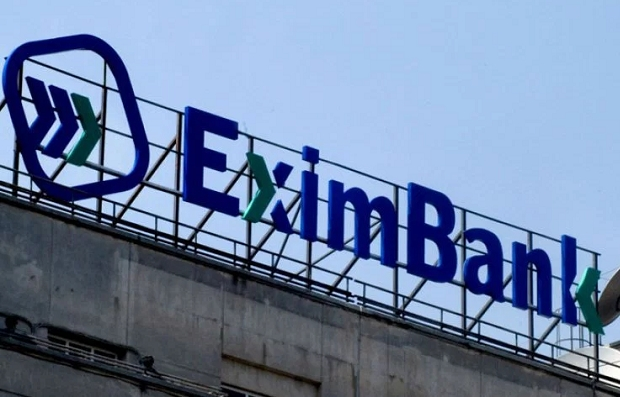
The Minister designate for Trade and Industry, Mr Alan Kyerematen, has said the government will rely on Ghana EximBank to play a critical role in ensuring that industries bounce back to produce more for export.
Dressed in a locally made shirt to signify his intent to promote Made-in-Ghana textiles, Mr Kyerematen said the nature of the bank was to promote exports and that could only be done effectively if it was given the opportunity to operate specifically according to its mandate.
The Ghana Eximbank was established to help improve the country’s competitiveness and rake in the much needed foreign exchange to help improve the country’s trade balance.
It forms part of government’s initiative to substantially support the private sector and other state enterprises whose operations are linked to export/import.
The bank is the amalgamation of the then Export Finance Company Limited and the Export Development and Agricultural Investment Fund (EDAIF).
According to the 2016 Mid-Year review Budget, import and export trade declined in 2015 compared to 2014. Merchandise imports declined on the back of lower oil imports as prices declined. Exports also underperformed as a result of the slump in commodity prices on the international market, especially oil and gold. Consequently, the trade balance for 2015 recorded a deficit of US$3,928.9 million compared to a deficit of US$1,383.4 million in 2014. With this trend, it is expected that the bank will help reverse the trend by building the capacities of industry to produce more for export.
Supporting SMEs
On the provision of funding to support small and medium-scale companies (SMEs), the Trade Minister designate said the government would recapitalise the Microfinance and Small Loans Centre (MASLOC) to be able to provide funding support for small businesses in the country.
“Small businesses do not normally need big capital to start and, therefore, we will provide that support through the MASLOC,” he said.
He also commented on the issue of support for businesses to be able to take full advantage of the African Growth and Opportunity Act (AGOA).
Mr Kyerematen said the ministry would engage businesses interested in exporting to the United States market to ensure that their products “meet the specifications.”
He stated that it would serve the interest of the small companies and that of the nation if the products for export met the standards.
The Trade Minister designate also addressed the issue related to support for vehicle manufacturing companies in the country.
He said a thorough assessment of their capacities would be done and where necessary foreign companies would be invited to partner the local ones to enable them to build to meet international standards.
Source: Graphic Online




